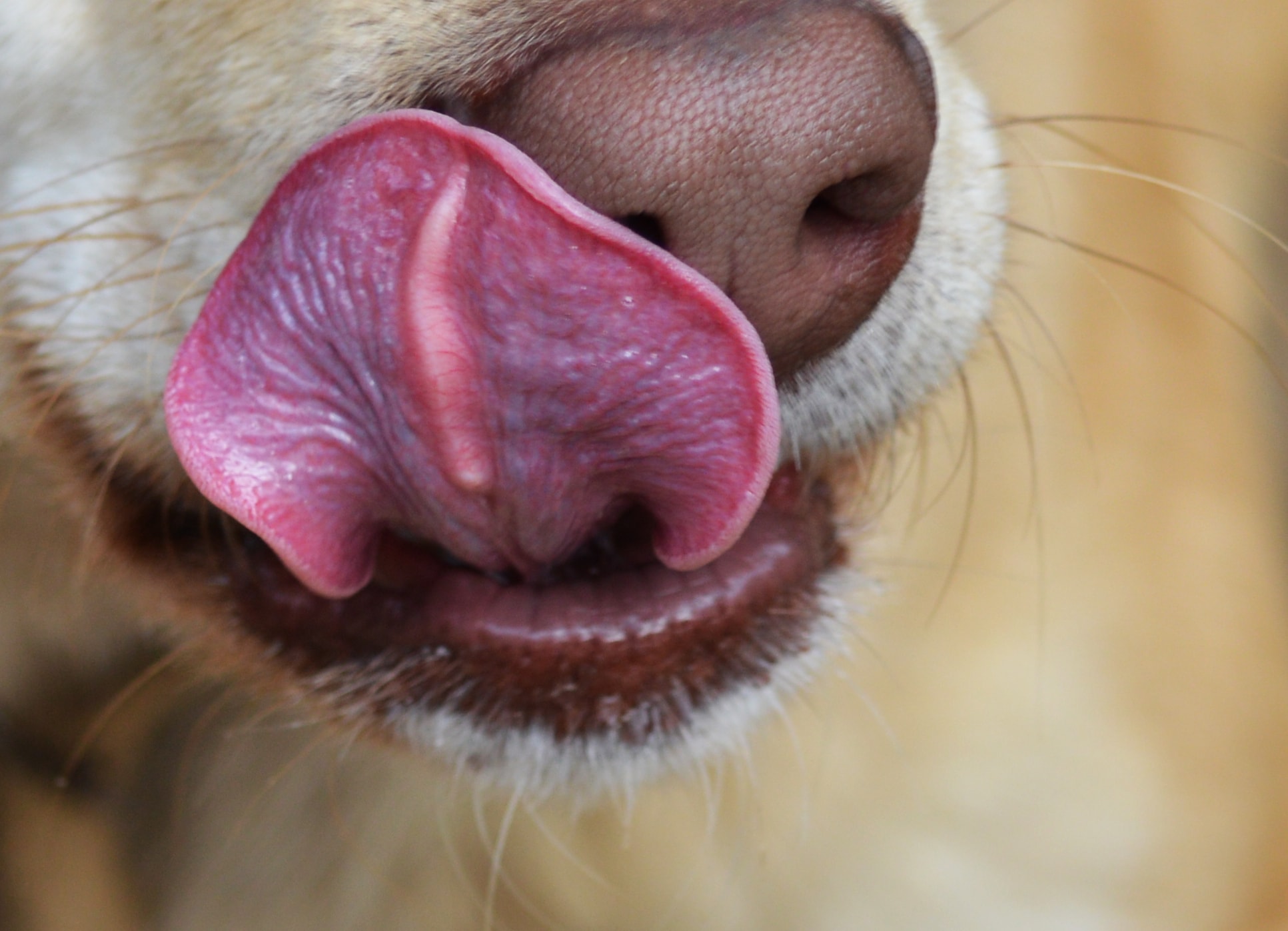
Commonly found in most U.S. households, antifreeze is a very useful substance for using in your car during the winter, with some people even using it in their toilet bowls to stop their pipes from freezing during the colder months.
However according to petMD, antifreeze poisoning is one of the most common types of poisoning in small animals, as they’re attracted to its sweet taste. Dogs in particular have been known to consume large amounts of antifreeze that contains the toxin ethylene glycol, fatally damaging their bodies, and resulting in poisoning, and even death.
Antifreeze poisoning affects the kidneys, brain, and liver, and less than 88 ml can be enough to poison a medium-sized dog.
Symptoms
If you’re worried your cat or dog has been exposed to antifreeze common signs of poisoning to look out for include:
- Uncoordinated, wobbly movements
- Drunken behavior
- Delerium/euphoria
- Diarrhea
- Vomiting/nausea
- Excessive urination
- Depression
- Rapid heartbeat
- Fainting
- Weakness
- Tremors
- Seizures
- Convulsions
- Coma
Diagnosis
It’s imperative that you take your pet to the vet as soon as possible after they ingest, or are believed to have ingested, anything containing ethylene glycol.
If your pet has diarrhea or is vomiting, collect a sample and take that along to the veterinarian. This will allow them to make a more rapid diagnosis, saving some very valuable time, and potentially preventing your pet’s organs from shutting down if treatment can be given quickly.
Stay as calm as possible, and give your vet your pet’s medical background, and be ready to tell them in detail about the onset of your pet’s symptoms. From there, your vet will run tests, and can give you a prognosis.
Prevention
As a pet owner, it’s imperative that you, and anyone who comes into contact with your animal, is aware of the potentially harmful effects of antifreeze, as well as how to take precautions to safeguard your pet from being exposed to the substance.
Any time you take your animal outdoors, be aware of the environment and keep your pet away from spills on driveways in particular. You can tell if these contain antifreeze as it’s a bright green substance. If you do identify any spills as being antifreeze, throw a bucket of water over them as soon as you can.
Also, keep in mind that you can buy antifreeze containing propylene glycol, rather than ethylene glycol. Although propylene glycol is relatively nontoxic, it should still be used with care, and kept away from your pets.
If you need more information, and help, contact the Pet Poison Helpline. And for a free pet insurance quote, fill out our online form here.